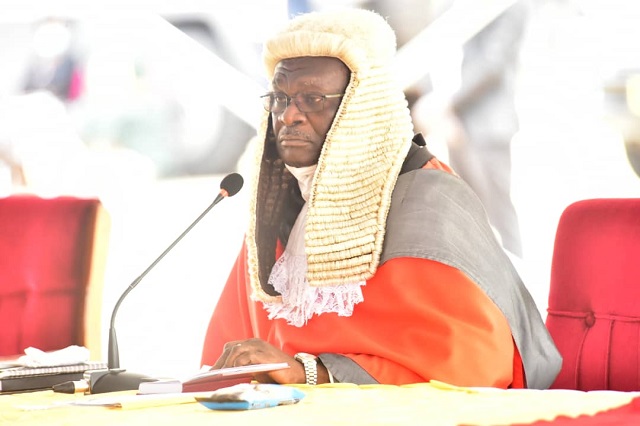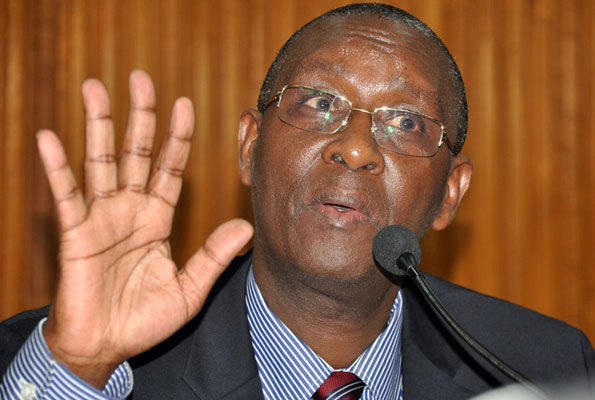Members of Uganda’s Parliament are raising red flags over what they perceive as a pattern of unfair and opaque promotion practices within the Judiciary. Legislators voiced concerns that experienced and long-serving judicial officers are consistently overlooked in favor of individuals with apparent political affiliations or less time in service.
During a session held on April 2, 2025, with officials from the Judiciary to discuss the institution’s 2025/26 Ministerial Policy Statement, members of the Legal and Parliamentary Affairs Committee sharply criticized what they see as entrenched favoritism. Lawmakers argued that the credibility of the justice system is being compromised by the continued marginalization of deserving judges.
MP Jonathan Odur (Erute South) sparked the debate by questioning the Judiciary’s promotion criteria. He pointed out that several judicial officers remain stagnant in their positions for years, despite positive performance reviews. “There are judges who have been in the same positions and stations for ages. Stakeholders, even within the legal fraternity, have raised serious questions about this lack of career progression,” Odur stated.
He cited concerns that the Judiciary may be disregarding recommendations from the Judicial Service Commission (JSC), which is responsible for vetting and recommending judicial promotions. Lawmakers pointed to specific examples of senior judges, including Justice Geoffrey Kiryabwire, who has been the longest-serving member of the Court of Appeal since 2013, and the late Justice Vincent Kibuuka-Musoke, who retired from the High Court without elevation after decades of service.
Busiro East MP Medard Lubega Sseggona joined the discussion, questioning whether the sidelined judicial officers were being deemed incompetent. “If these judges are not fit for higher roles, why haven’t they been removed? If they are competent, why are they stuck?” Sseggona asked. He emphasized the need for performance evaluation frameworks to ensure fairness and accountability within the Judiciary.
Sseggona also called for sanctions against judicial officers who delay justice. “Lawyers face consequences for missing deadlines, but there’s no system to hold judicial officers accountable for failing to deliver judgments on time,” he noted.
Responding to the concerns, Pius Bigirimana, the Secretary to the Judiciary, defended the institution, noting that promotions are contingent on both performance assessments and the availability of positions. He maintained that assessments by the JSC play a central role in determining who moves up the ranks. “Promotions are not automatic; they depend on the results of evaluations conducted by the Judicial Service Commission,” Bigirimana said.
However, his explanations did not fully convince the lawmakers. Sseggona pressed further, questioning why judges with alleged performance issues were not subjected to disciplinary measures. Bigirimana replied that disciplinary actions can be either formal or informal and hinted that some concerns had been addressed quietly.
Another issue raised was the growing use of acting appointments for judges. Robert Ssekitoleko (Bamunanika County) expressed discomfort with what he described as a temporary measure turning into a long-term norm. He questioned the legal basis of assigning judges to acting roles without clear timelines or oversight.
Bigirimana distanced the Judiciary from these appointments, asserting that such decisions fall under the purview of the Judicial Service Commission. “The acting positions are intended to monitor performance, and this issue is currently under judicial review,” he explained.
As debate around these matters intensifies, MPs are urging greater transparency, equitable treatment, and a clear performance-based promotion system to restore public confidence in Uganda’s Judiciary.



























